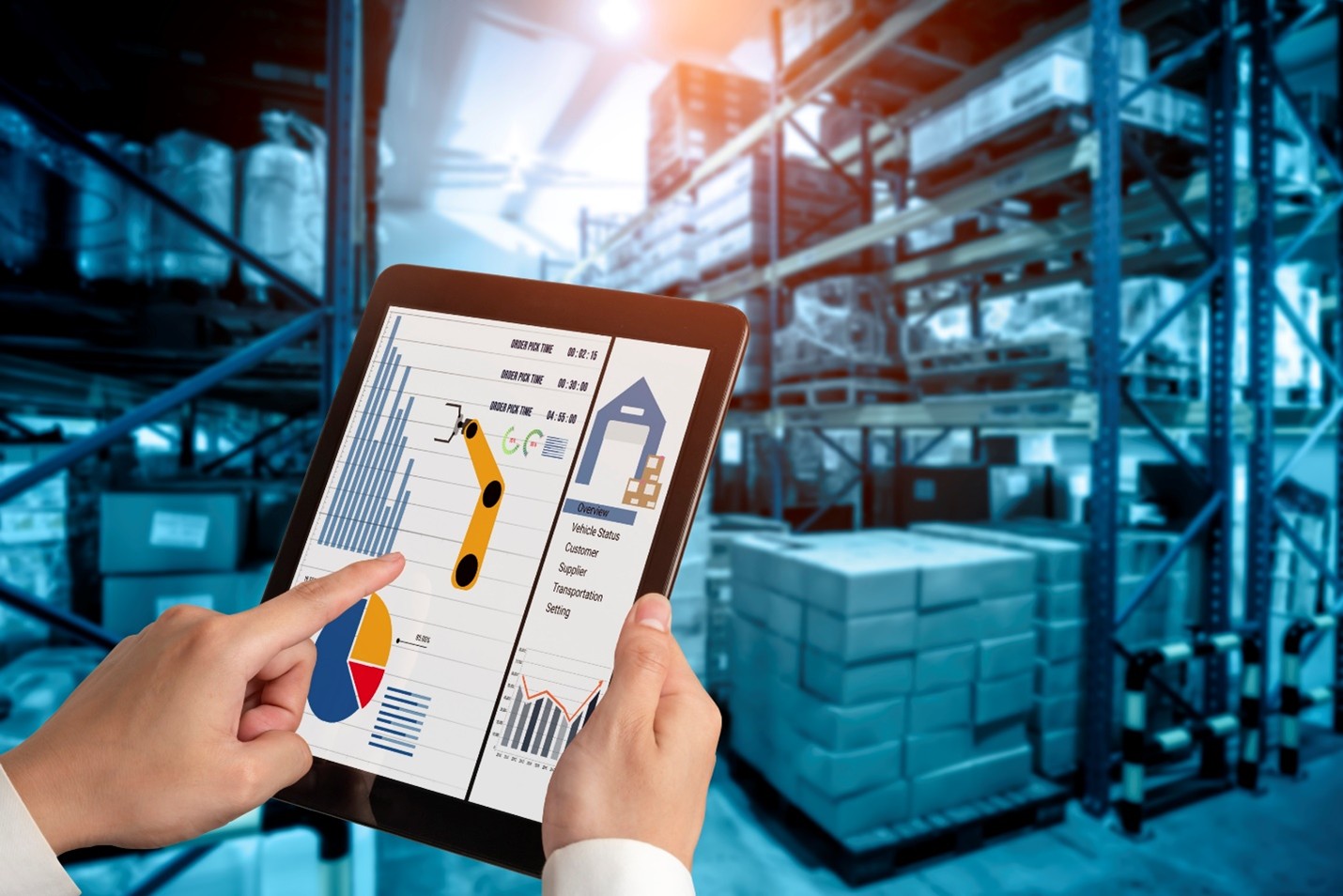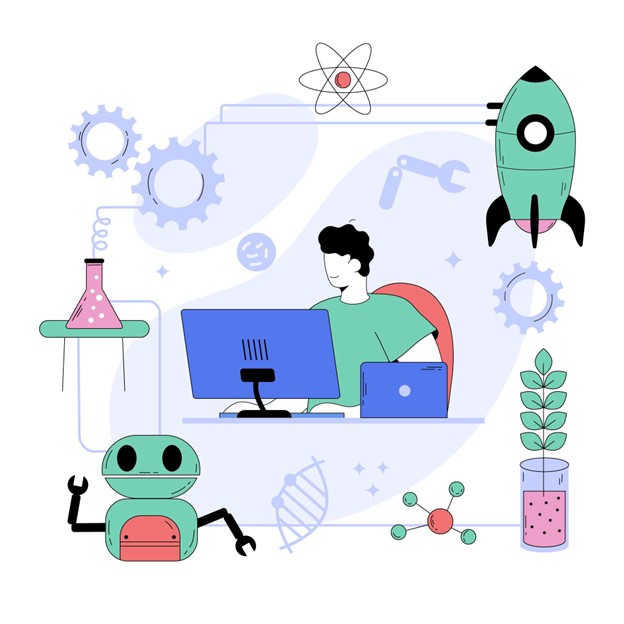When it comes to turning a concept into a tangible product, prototyping services play a crucial role in bridging the gap between the initial design phase and mass production. In the world of prototype engineering, prototype manufacturing, and new product prototyping, the importance of prototype testing cannot be overstated. Prototyping services enable businesses to bring their ideas to life quickly, with high precision, before committing to expensive mass production. In this blog, we’ll explore how prototyping companies provide invaluable support in transforming designs into fully functional products that are production-ready.
Why Prototyping Services Are Essential
Prototyping services are not just about creating physical models—it’s about testing ideas, refining designs, and eliminating costly mistakes early in the process. Whether you’re working on a consumer product, an industrial application, or even a medical device, a prototype is often the first physical manifestation of your design. Here’s why prototyping services are essential:
- Risk Mitigation: Prototypes allow you to identify flaws in design or functionality before production begins.
- Iterative Refinement: With prototypes, you can make design changes based on real-world testing and feedback, reducing the need for expensive alterations later.
- Investor Confidence: Having a functional prototype makes it easier to secure funding and demonstrate your product’s potential.
- Faster Time to Market: By refining prototypes quickly, you reduce the development cycle, helping your product reach consumers faster.
How Prototyping Services Work
The process of prototyping can seem daunting, but working with a prototyping company streamlines the workflow. Here’s how prototyping services typically work:
- Initial Concept and Design
The first step in the prototyping process involves taking your initial idea and turning it into a workable design. Here, invention engineering plays a pivotal role in ensuring that your concept is technically feasible. Once the concept is validated, design teams use CAD software to create 3D models that serve as the blueprint for the prototype.
- Prototyping Techniques and Materials
Once the design is finalized, the next step is to choose the appropriate prototype manufacturing technique and materials. Depending on the complexity of your design, prototyping companies will select the best methods for producing your prototype:
- 3D Printing: Perfect for rapid prototyping, 3D printing allows for quick turnaround times and the production of detailed models with complex geometries.
- CNC Machining: If precision is critical, CNC machining allows for the creation of highly accurate and durable parts, often used for functional prototypes.
- Injection Molding: For high-volume production or to test the performance of parts in real-world conditions, injection molding creates parts that can be replicated many times.
Choosing the right material is equally important. Whether you need plastics, metals, or specialized composites, prototype development services ensure that materials are selected based on the prototype’s intended use.
- Prototyping for Testing and Validation
Prototypes are tested to ensure they meet the requirements of the product specification. Testing can include:
- Mechanical testing: Stress tests, fatigue tests, and load-bearing tests.
- Electrical testing: For electronics, this includes testing wiring, sensors, and power systems.
- Usability testing: Ensuring that the prototype is functional, user-friendly, and ergonomic.
These tests allow companies to identify weaknesses in the design and refine the prototype before moving to full-scale production.
- Iterative Design and Refinement
One of the most important aspects of prototype development services is the ability to iterate. Based on the feedback and testing, prototyping companies refine the design to meet performance, functionality, and aesthetic standards. This iterative process is critical because it helps create a final product that is well-suited for mass production, reducing the risk of costly errors once production begins.
- Final Prototype and Pre-Production
Once the prototype has been refined and tested, the final version is produced, ensuring it meets all specifications and requirements. At this point, the prototype is considered ready for pre-production, where small batches of the product can be created for market testing or promotional purposes.
Key Benefits of Using Prototyping Services
- Cost-Effective Innovation
Prototyping services allow businesses to test designs before committing to large-scale production. This can save significant amounts of money by identifying design flaws early in the process. Instead of paying for costly revisions after mass production begins, you can make necessary changes during the prototype phase.
- Improved Product Quality
By testing prototypes in real-world conditions, companies can ensure that their products meet the required standards of performance, durability, and usability. This not only improves the quality of the product but also increases customer satisfaction upon release.
- Enhanced Communication
Prototypes provide a tangible representation of the product, making it easier to communicate the vision with stakeholders, investors, or manufacturers. Having a physical model or a 3D rendering can help align teams on design, function, and production needs.
- Faster Market Entry
When your prototype is ready for testing and adjustment, you can iterate much more quickly. This helps businesses minimize delays and get their product to market faster, which is critical in today’s fast-moving industries.
Working with a Prototyping Company: What to Expect
Working with a prototyping company offers a range of advantages, from access to advanced technology to expert guidance. Here’s what you can expect when partnering with a professional:
- Expert Consultation: Invention engineering and prototyping experts provide valuable input on materials, techniques, and production timelines.
- Advanced Technologies: Professional prototyping companies are equipped with access to the latest 3D printers, CNC machines, and injection molding equipment to create accurate prototypes quickly.
- Ongoing Support: From the first design to the final prototype, prototype development services provide continuous support to ensure that your project stays on track.
It’s essential to choose a prototyping company that specializes in your industry to ensure that they understand the specific requirements and challenges that come with your product.
Conclusion
Prototyping services are the backbone of the product development process, providing the necessary bridge between design and production. By working with a prototyping company, businesses can refine their ideas, reduce risk, and improve their chances of success. Whether you’re in the early stages of new product prototyping or need to fine-tune your prototype engineering, leveraging professional services ensures that your product is ready for the market.
If you’re ready to take the next step in your product development journey, consider partnering with a leading prototype development services provider to help bring your ideas to life.
Got an idea? Let’s turn it into a market-ready product.
At IDP, we help startups and businesses design smarter, build faster, and confidently launch. From concept to prototype to full-scale production—our experts are here to guide you every step of the way.
Ready to build it right the first time?
Let’s connect at https://innovativedesignproducts.com/get-started/ or call Jennifer Rivkind at 949.748.1902 to discuss your project and obtain a full explanation of our development process.






